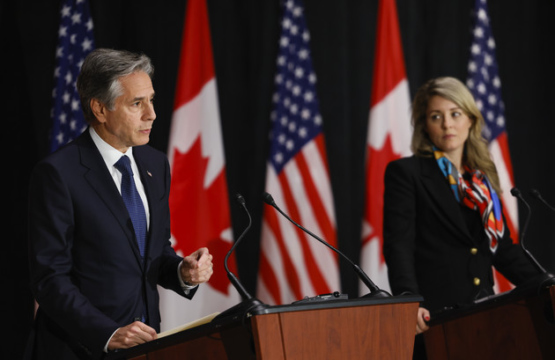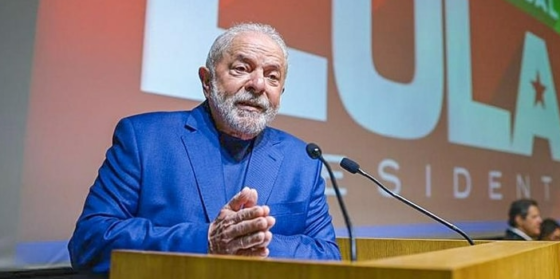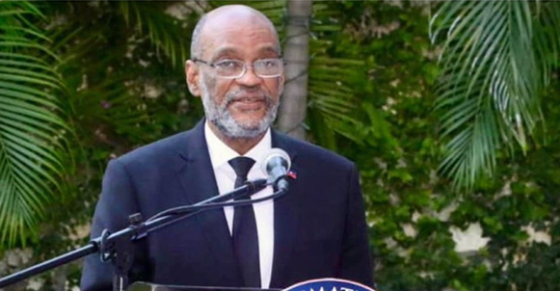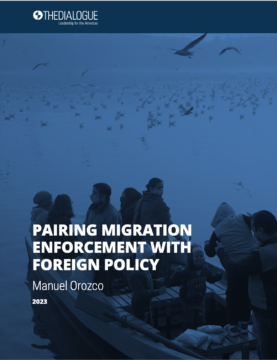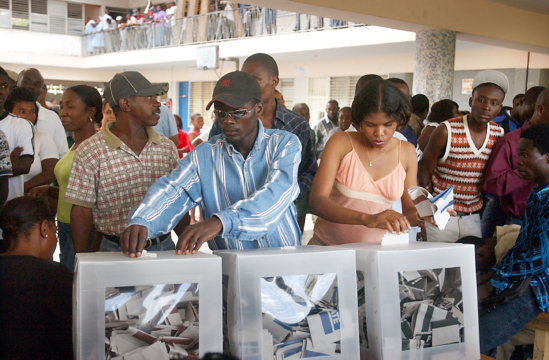 Video
Video
Haiti’s Electoral Cycle
More than 5 years after a devastating earthquake, Haiti’s electoral cycle reveals a troubling reality in the country
More than 5 years after a devastating earthquake, Haiti’s electoral cycle reveals a troubling reality in the country
Regional integration, social inclusion, and the need for a more competitive business climate—discussed at the XVIII Annual CAF Conference
Why do Haitians leave their homeland? How do their leaders interact with government and civic institutions in their new localities?
When Haiti was struck by a devastating earthquake, the administration of U.S. President Barack Obama quickly absorbed the depth of the tragedy and necessity of a robust U.S. response. Unless the U.S. adopts a proactive role, Haiti’s fragmented political landscape threatens to deteriorate into a political vacuum that will compound the current crisis.
The worldwide outpouring of support for Haitians from governments and ordinary citizens has been extraordinary. But this heroic phase of the emergency response is drawing to a close.
The sudden U.S. presidential unity on Haiti is promising, because Haiti has long been the subject of bitter partisan bickering in Washington.
After a 7.0 magnitude earthquake struck Haiti, the aftershock reached China in ways that few anticipated.The earthquake forced Chinese leaders to navigate the tricky politics of disaster relief.
A Latin America Advisor Q&A featuring experts’ viewpoints on Haiti’s appeal for foreign intervention to help stabilize the country.
On April 9, 2024, the Inter-American Dialogue released the report “State Collapse and the Protection of Remittance Payments.” The report, produced by Manuel Orozco, director of the Migration, Remittances, and Development program, and Patrick Springer, program associate, examines the extent to which the current crisis in Haiti can be characterized as state failure. The report examines state failure in Haiti, its effects on the daily lives of Haitians, the Haitian economy, and how it is impacting remittance systems in the country and concludes with a strategy for ensuring successful and safe remittance transfers to the Caribbean nation.
On October 25, 2022, Think Tank Haiti (TTH) – a joint collaboration between Université Quisqueya and the Inter-American Dialogue – hosted a webinar titled “Haiti’s Frustration with International Aid.” During the event, prominent Haiti scholar and sociologist, Michèle Oriol, discussed her recent paper “International Aid or Foreign Policy? Lessons Learned since 1990” and her findings.
Diagnosis of the crisis has been easy—but what key actors in Haiti and its international partners can agree on what to do about has remained muddled.
A Latin America Advisor Q&A featuring experts’ views on the topics and trends that are likely to be prominent in the coming year in Latin America and the Caribbean.
A Latin America Advisor Q&A featuring experts’ views on Haiti’s deepening crisis as the country’s last democratically elected institution, the Senate, adjourns with no new members to convene a new term and gangs tighten their grip.
As three long-term observers of the country, we argue that a more assertive international response is needed and offer the following road map to help Haiti reset.
The Biden administration’s new border enforcement actions may reduce some but not all migration from Cuba, Haiti, Nicaragua, and Venezuela. The measure may have the unintended result of marketing migration to those whose intention to do so was not as strong. This report recommends three differentiated steps the US should consider, including leveraging sanctions, working with the diaspora, and OAS engagement.
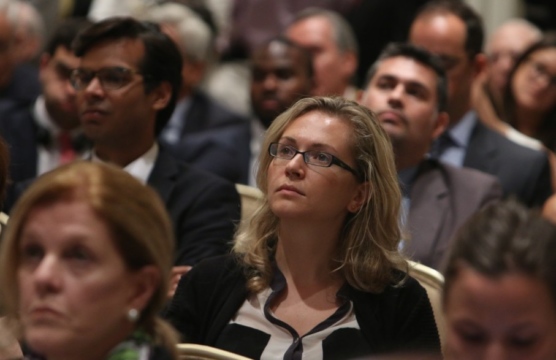 Video
Video
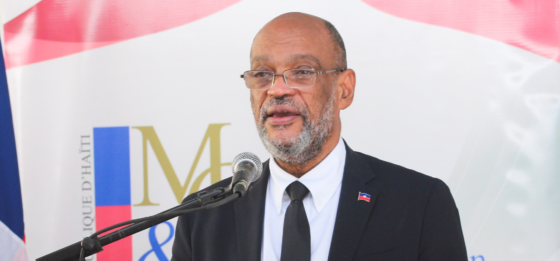
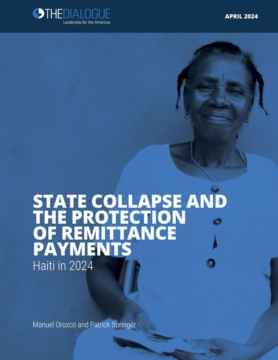
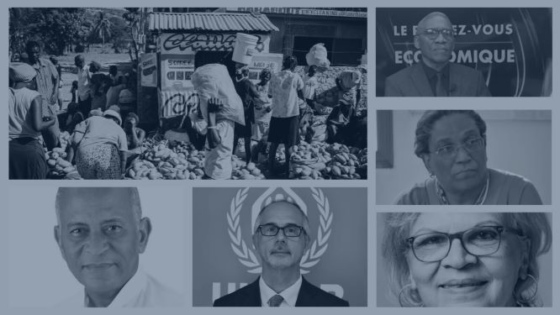 Video
Video
